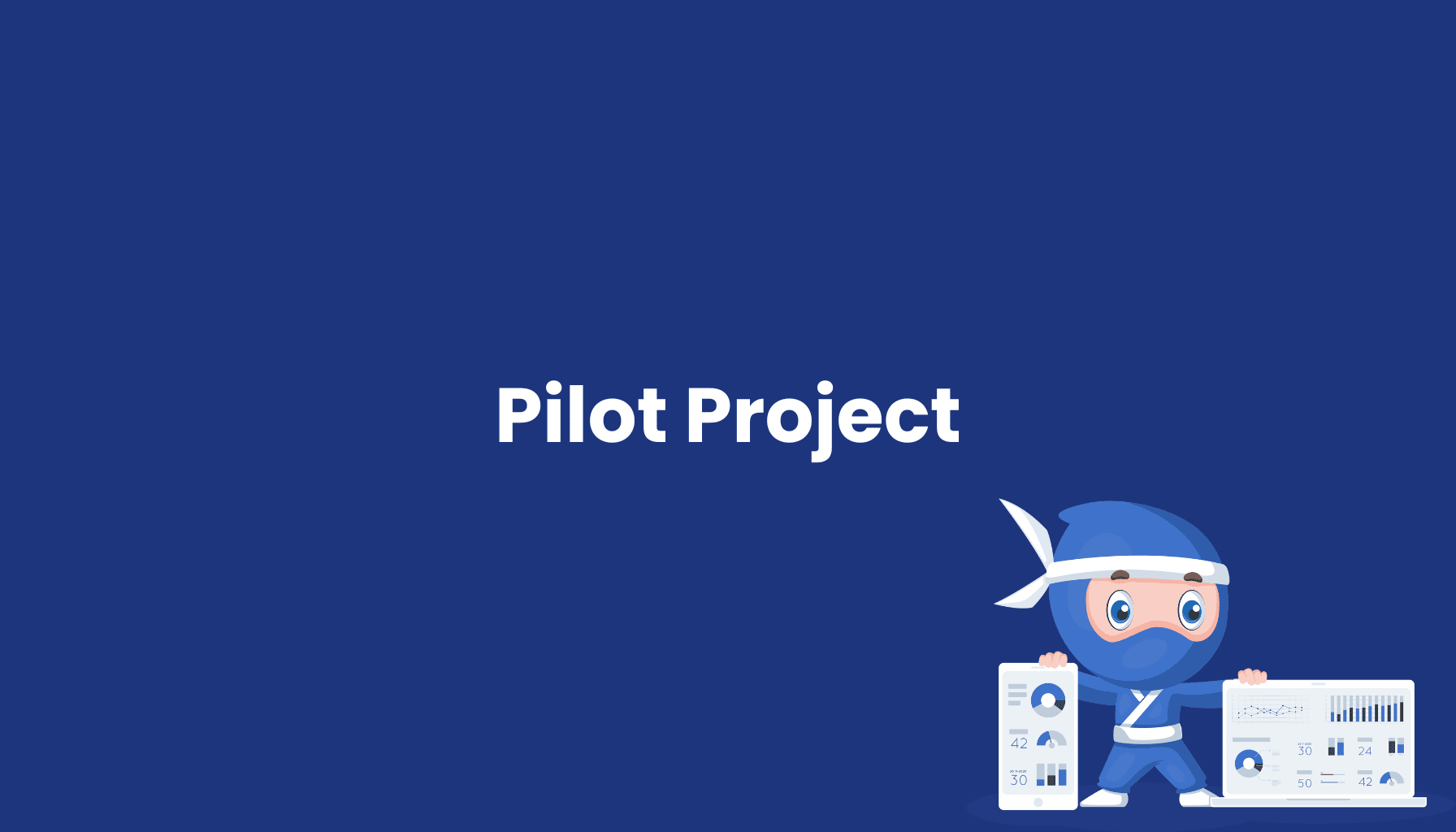Pilot Project

What Is a Pilot Project?
A pilot project is the initial practical implementation of a new solution in a limited, controlled environment. In the manufacturing industry, it serves as a trial run before the company-wide rollout of Manufacturing Execution Systems (MES) or other production technologies. The goal is to minimize risks, optimize processes, and validate the solution’s effectiveness.
Key Elements of a Pilot Project
Planning & Preparation
- Defining objectives
- Allocating resources
- Assembling the project team
- Creating a timeline
Execution
- Step-by-step implementation
- Continuous monitoring
- Making adjustments as needed
- Collecting feedback from stakeholders
Evaluation
- Analyzing results
- Documenting lessons learned
- Calculating ROI
- Developing a rollout plan
Benefits of a Pilot Approach
A structured pilot project provides:
- Risk Mitigation: Identifying potential issues early
- Practical Insights: Gaining real-world experience with the solution
- Early Optimization: Refining processes before full implementation
- Employee Buy-In: Involving staff to ensure smoother adoption
- Cost-Effective Validation: Testing feasibility without full-scale investment
Best Practices
Successful pilot projects rely on:
- Clear Focus: Limiting the scope to a manageable size
- Defined Success Criteria: Setting measurable KPIs
- Realistic Timelines: Avoiding rushed implementation
- Stakeholder Management:
- Engaging leadership
- Training teams
- Ensuring effective communication
- Incorporating feedback
Conclusion
Pilot projects are critical to the successful deployment of new technologies in manufacturing. They reduce risks and maximize project success by providing practical insights, refining processes, and building a solid foundation for a company-wide rollout.





